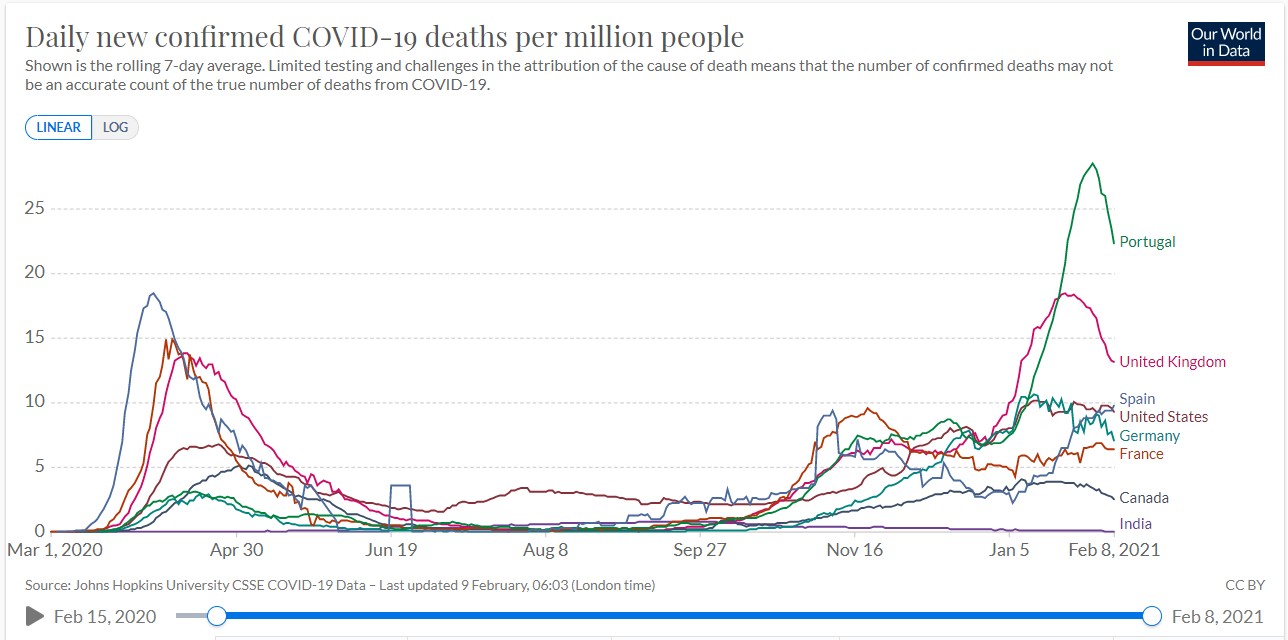The Spanish treasury sold just over €4 billion euros ($5.2 billion) in bonds of three and five years' maturity, with demand outstripping supply two to one, the central bank said.
But the rate of return demanded by investors rose to 2.875 percent on the three-year bond, from 2.706 percent in the last comparable sale on June 6th.
On the five-year bond the rate was 3.792 percent. The last sale of five-year debt on June 20th secured a yield of 3.592 percent, but the treasury said the terms of these two bonds were not directly comparable.
Spain, the eurozone's fourth-biggest economy, has seen its borrowing costs generally ease this year after it resisted pressure to reach out for a sovereign bailout in 2012.
"The Spanish treasury's situation is much more comfortable now than what it was just a few months ago," said Finance Minister Luis de Guindos on June 25th.
The government says it has borrowed €81 billion in medium- and long-term debt so far this year, nearly 67 percent of its total target for the year, at lower rates than in 2012.
Volatility has returned to financial markets in the past few weeks however, driven most recently by the resignation of two top Portuguese government ministers this week.
The political uncertainty this created on the eurozone's debt-laden periphery affected Spain, sending its stock market down and bond yields up.
Madrid's Ibex-35 leading stock index recovered on Thursday to stand 0.87 percent higher in midday trading.





 Please whitelist us to continue reading.
Please whitelist us to continue reading.
Member comments